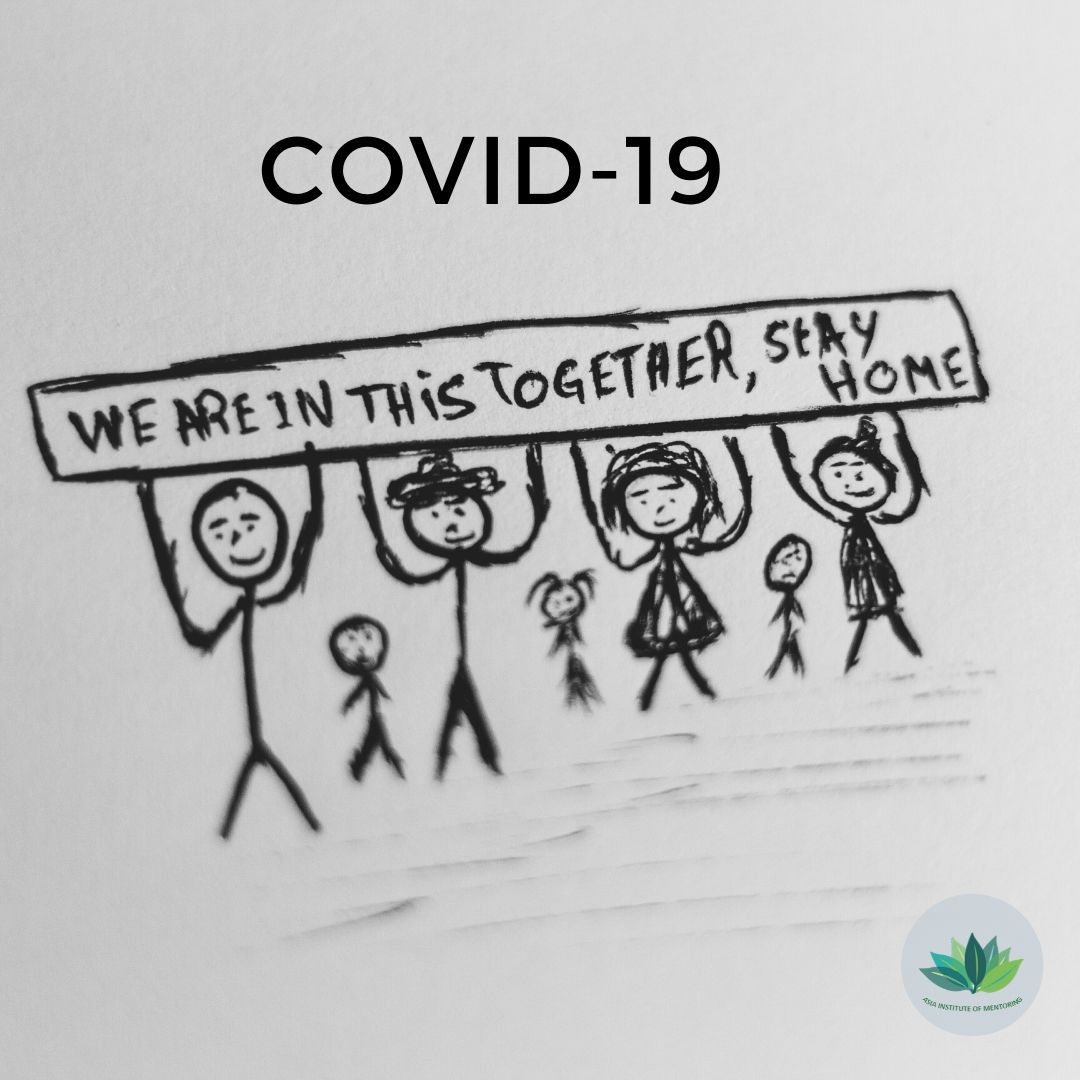
If coronavirus tells us anything it is about how desperately we need to keep our world sustainable. That applies to the planet, to the life processes we have instigated, to the mechanical aids we rely on and to the social systems we have developed. In the last decade, we have learnt - and are still learning - to communicate faster via links provided by the internet. We may even have learnt to talk to each other a little better, though much of that is artificial. But we have not learnt to treat each other better - in fact, I would say that we have got worse at it.
Sure, our giving has grown, even into an industry. But our behavior other than when we are giving, or at religious congregation, has become more rapacious. Even some religions have been less than well behaved when it comes to money. Our humour, that vital life ingredient that keeps us sane when the world seems mad, has become coarser and more dependent on shock than wit. Our kindnesses are often transactional rather than generous, expecting some reward.
Power has become the aspiration of many. They do not see the blindside of status. Coronavirus shows how little real control we have, how vulnerable top jobs are and how nature can catch us out quicker than the fastest computer. History shows us how little we learn from it and how the tightening and easing of cycles - economic, medical, social, political - all form a pattern of development we would rather not admit. The sands of time remodel overnight.
Persistent, if not steady, on this course is the development of humans. Through all the vicissitudes of life we have grown, consistently, relentlessly. There have been dark ages and a renaissance, industrial revolution and exponential learning, courage and sacrifice, wealth and excess. We have managed them all, best when we contemplated why we are here and what life is all for. Our most productive moments have been the quiet, contemplative ones.
Lockdown, or circuit breaker, is a time to pause and think what we want to be, what we are and what we need to do. A person without purpose is like a cork in the sea, floating but without control over where it is going. The ocean liner has its problems but can decide its destination. Neither has complete, or even a lot of say over the outcome. We were not given the joystick of a B57 Bomber at birth but rather the flaps control of the microlight we truly are. Having little control is no reason to forgo such control as we have.
One thing we do have almost total control over is kindness. It sounds a soft word but its implementation is of steel. Good parents are kind but no less disciplined for all that. Good bosses are kind and discover, often to their astonishment, that it brings them better productivity, greater profits. That’s not the reason they should be kind but it helps oil the wheels. Good neighbours are kind and seek no reward. The reward comes when they are in trouble.
It’s human, and perfectly legitimate, to seek reciprocity. It should not be any more than the general reason for decency towards others. Specific rewards may come, or they may not. But the purpose you set yourself, at any stage of life, will be more visible and more personally satisfying if you have trodden the path kindly. Pragmatically, I can tell you that coronavirus will force you to, whether you like it or not.
The revelation of the virus to the mass of people is that those in charge really aren’t. They have their symbols of office but when it comes to telling people to stay home it works only with the rational. They have their statisticians to forecast the duration of the crisis - and then present ten different versions of its length. They have their law keepers only to realize that laws need obeying more than enforcing. A law the people won’t obey is not a viable law.
Now each of us must ask the question - how can I become more sustainable?
If you have to be told the answer, you probably can’t do it. Sustainability of yourself is almost totally sustainability of others. Studying your own navel, apart from a perhaps yearly review, is Narcissus at work, kidding you that you matter. Self-sustainability only happens when others matter more and first. It is a true paradox that what we give away is what makes us and what we help others to become is, in the end, what we truly are.
The autocrats are gathering as heads of state of many countries. They see their opportunity to rule with an iron fist. But the people won’t have it. They know the iron fist is no stronger than they are. The mixture is one of revolution. It can only be prevented by collegial management and international cooperation.
What will be your role in that?
Good morning
John Bittleston